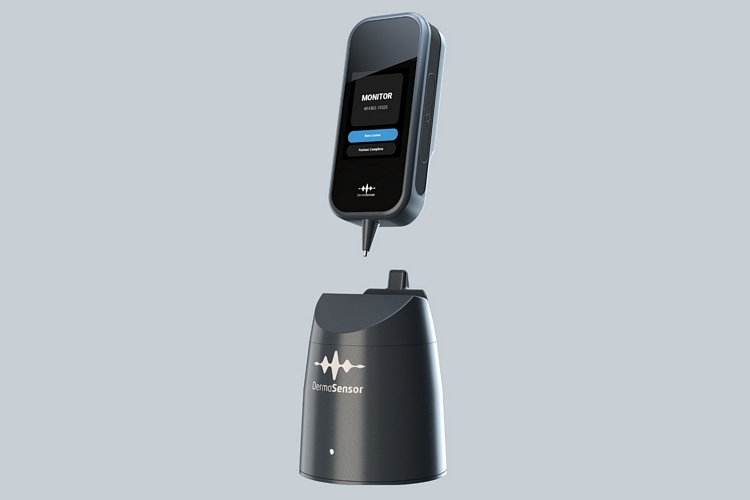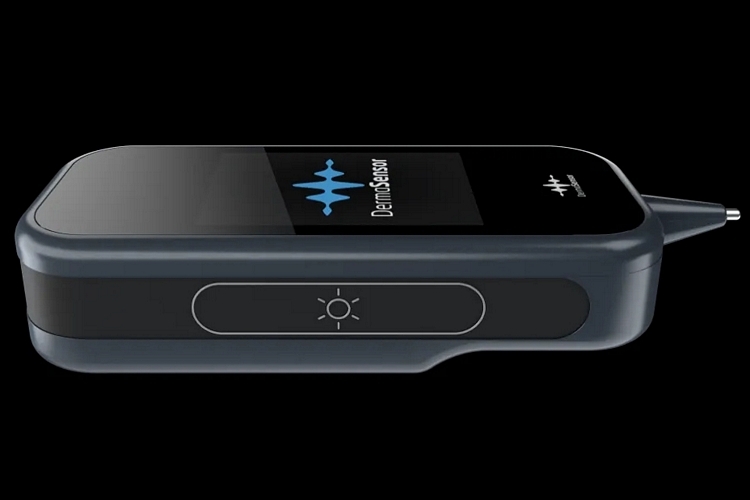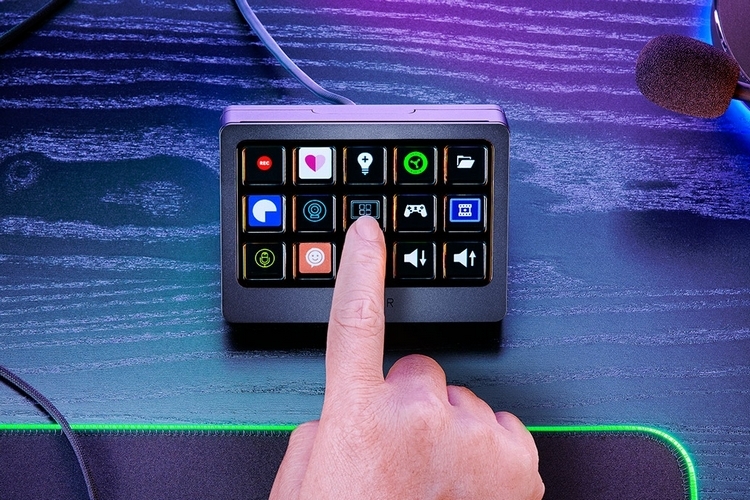
Nothing beats early detection when it comes to cancers, as it gives you the best chance of actually treating it. Problem is, you can go to regular checkups and not find a thing until it’s too late, which is why cancer detection is one of the areas where AI is really being put to work. The DermaSensor is a new AI-based handheld device that can help detect potential skin cancers during the earliest stages.
No, they don’t expect you to buy and keep one of these in your bathroom cabinet for testing any time you feel like it just ike the Withings BeamO. Instead, it’s being marketed as a tool for doctors to use as a non-invasive, on-the-spot solution for skin cancer testing. Granted, it’s not being touted as a 100 percent accurate solution – instead, a positive assessment gives doctors a reason to follow-up with more traditional tests (e.g. a biopsy) to determine your actual condition.

The DermaSensor consists of a phone-shaped device that looks like they stacked three smartphones on top of each other. Yes, it’s that thick. It has a touchscreen in the middle for control and visual information, as well as a pointed tip at the bottom. During use, the doctor will use the touchscreen to begin a test, then place the tip of the device against a skin lesion. From there, the device reflects and records quick bursts of light onto the skin, keeping tabs on how the photons scatter as they hit the subcutaneous skin cells. It performs five of these readings in succession, after which the AI can correlate the way the photons behave to its eventual diagnosis.
Do note, the device doesn’t actually make a cancer diagnosis. Instead, it merely says one of two things, either “Monitor” or “Investigate Further.” The former means there is potential risk, but immediate action may not be needed, with an FDA study of over 1,000 patients who received a “Monitor” response resulting in 97 percent benign diagnosis. The latter, on the other hand, is, basically, telling the doctor to run more tests (or refer them to a specialist who can run more tests), since there’s a chance that it may be malignant. According to the outfit, their tests show a 96 percent sensitivity for detecting skin cancer, so it appears to be a device that actually gets the job done.

The DermaSensor is based on a non-invasive technology called Elastic Scattering Spectroscopy (ESS) that studies the way photons scatter when reflected off different cellular structures. DermaSenso claims the practice has been validated in over 30 publications on clinical studies, so there’s a good load of trustworthy research done on it in the past. Couple that with the high success rates of their trials, this really seems like an excellent tool for doctors, giving them a quick and objective way to test the potential of skin cancer. According to the outfit, it works with the three most common types of skin cancer, namely melanomas, squamous cell carcinomas, and basal cell carcinomas.

The DermaSensor has already received FDA clearance. We’re not sure if they require FDA approval since the device isn’t high-risk, but it should come to market soon enough. You can sign up to the waitlist directly from their website.